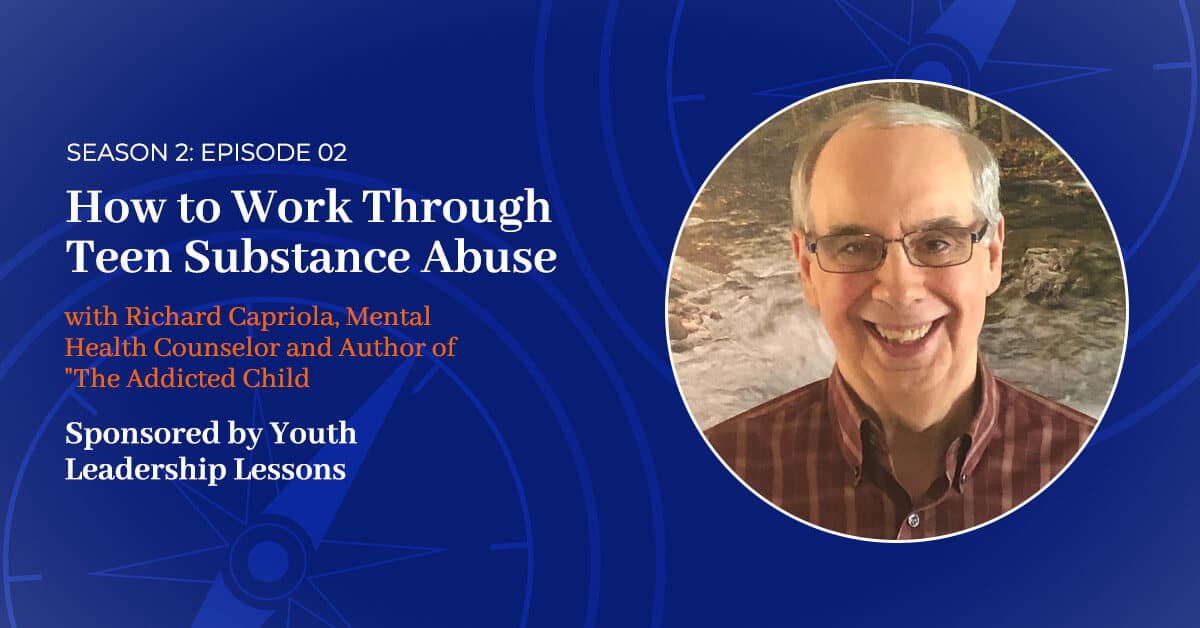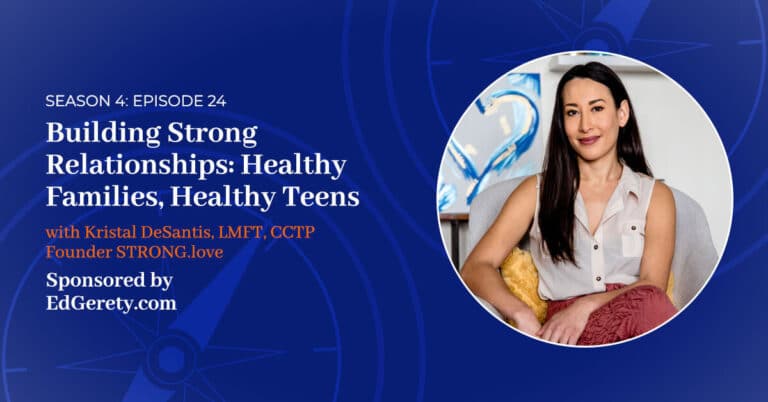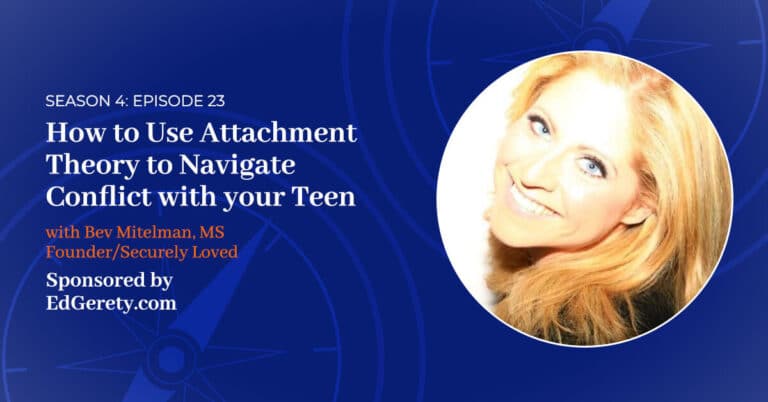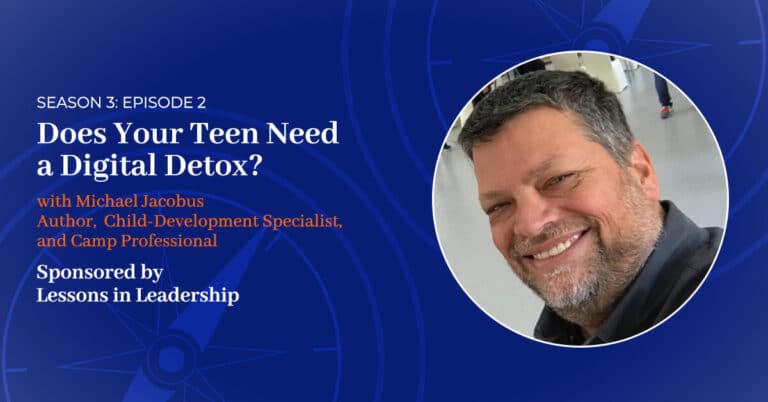Richard Capriola has been a mental health and substance use counselor for over two decades. He has treated both teen and adults diagnosed with substance use disorders including over a decade as a counselor at Menninger Clinic in Houston Texas. Richard is the author of “The Addicted Child”, a handy parental guide for adolescent substance abuse.
In this episode Richard will discuss adolescent substance abuse, how the pandemic changed teen substance abuse and warning signs every parent, teacher and coach should know about.
Key Takeaways
- How has the pandemic affected teen substance abuse?
- Why did drug use go down during the pandemic? Children became isolated at home.
- What drugs are teens using right now?
- Richard sees vaping on the raise among teens.
- Vape devices can easily be hidden, so parents and teachers might not be aware of its use.
- Why are teens using substances in the first place? The biggest reason cited was to help with their anxiety.
- We often spot the substance issue first, but we do not recognize the underlying emotional issue that the child is trying to cure or resolve.
- How should parents respond when their teens don’t think it’s a big deal?
- Why do people do drugs?
- Teens run the potential of having more risk in their brains than a fully developed brain.
- What are some of the warning signs that a teen is doing drugs?
- What’s a healthy boundary when it comes to trusting your teen vs. verifying what they’re saying?
- If you find something alarming in their room, try not to attack them. Instead, ask proactive questions.
- The parent also needs support. You cannot do this alone if your teen is starting to have substance abuse issues.
- There is hope! Treatment plans do work!
- Drug tests are not foolproof.
- Richard talks about his book, “The Addicted Child”.
Quotes:
“It doesn’t do me any good to treat a teen for marijuana use if I can’t help that teen with their anxiety. They’re going to continue to medicate.”
“Teens are interested in the brain and how it works, so I would teach them about the brain, and then I would introduce how drugs work in the brain.”
“Build a support system for yourself too. You’re going to need help and support too, not just your teen. This is going to be a journey.”




